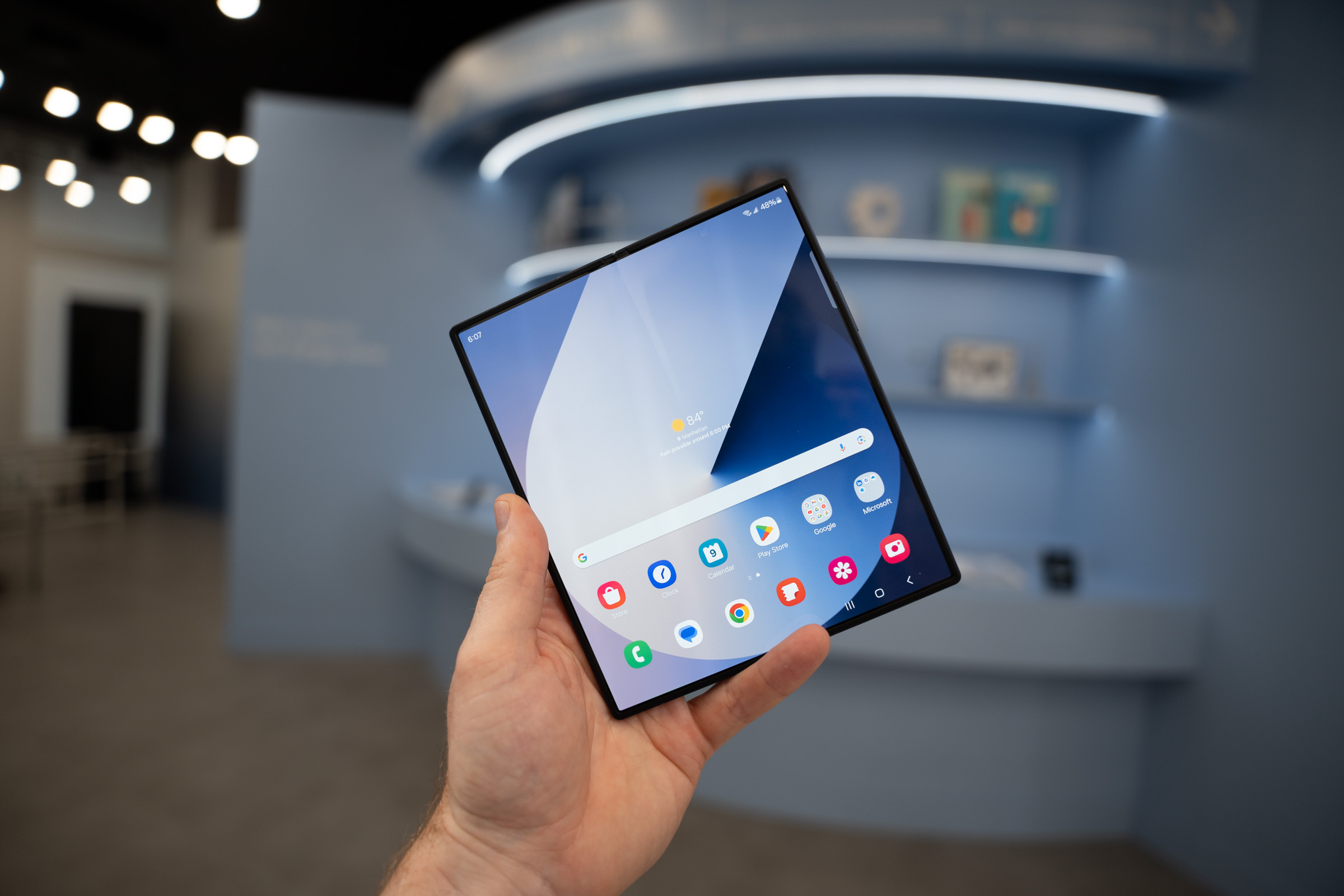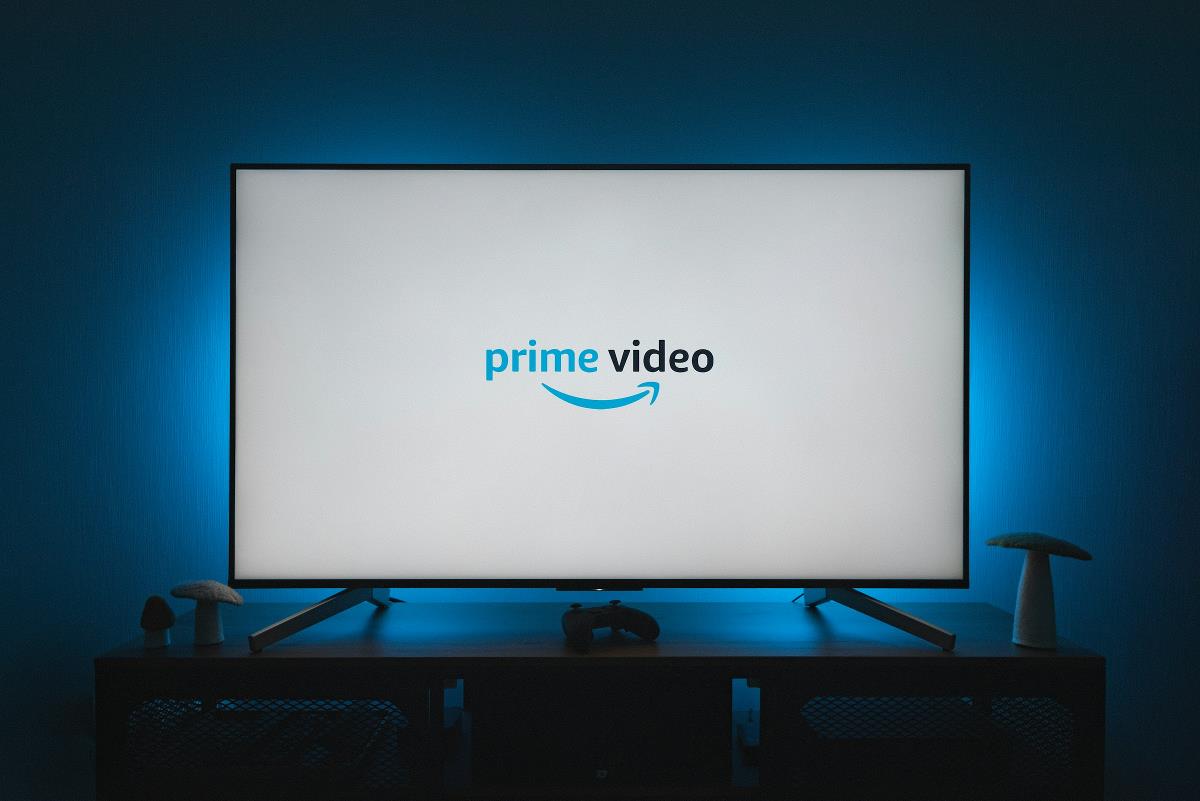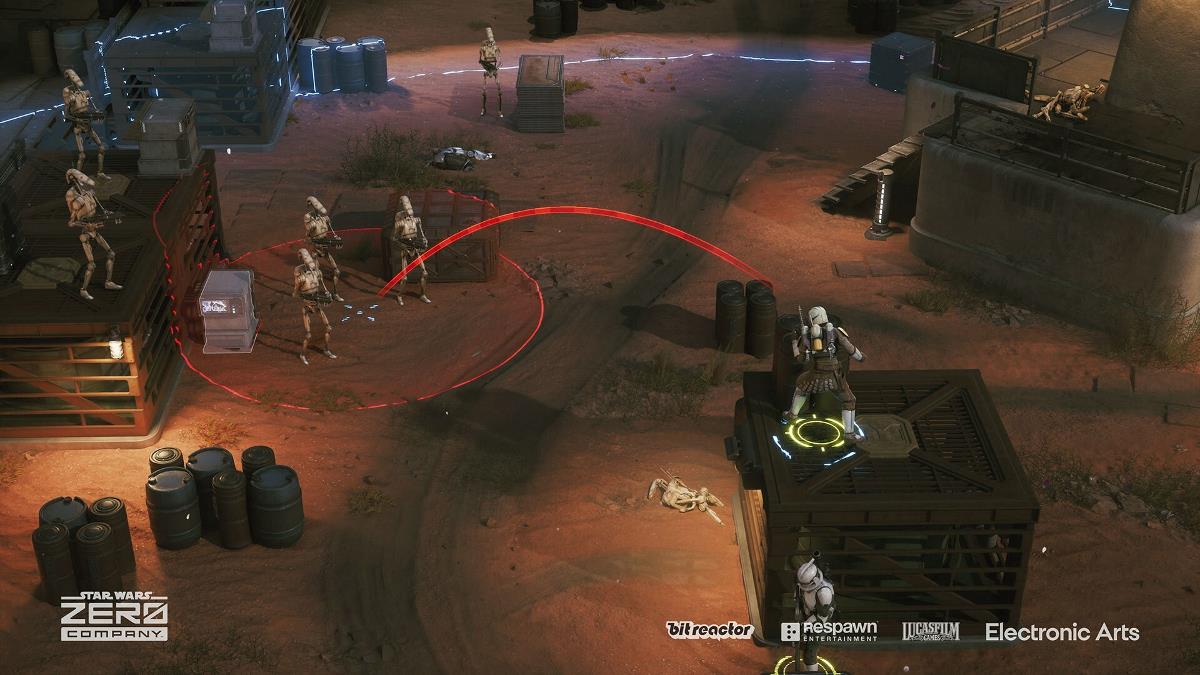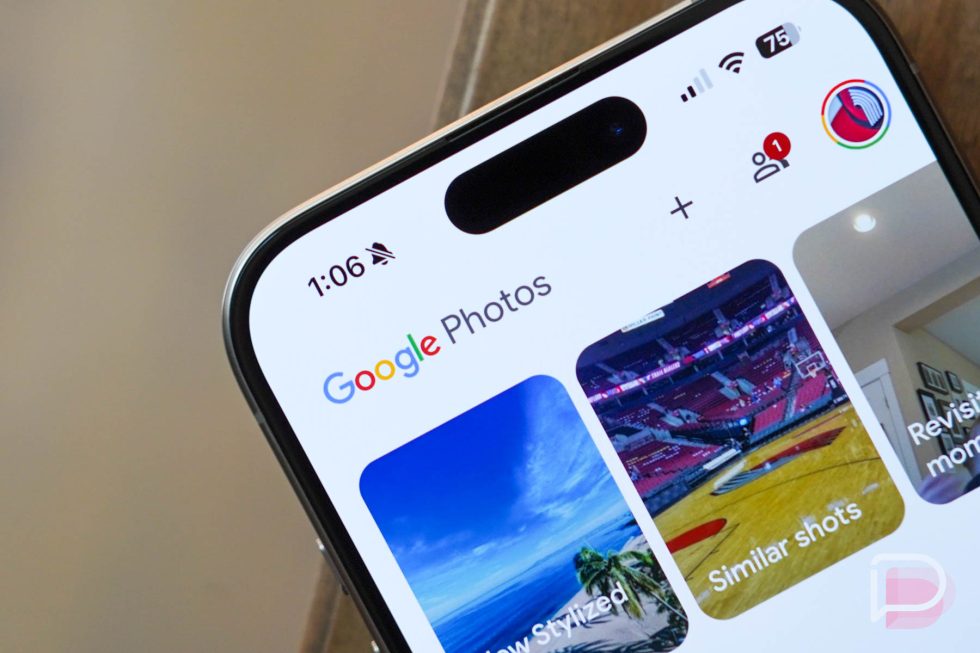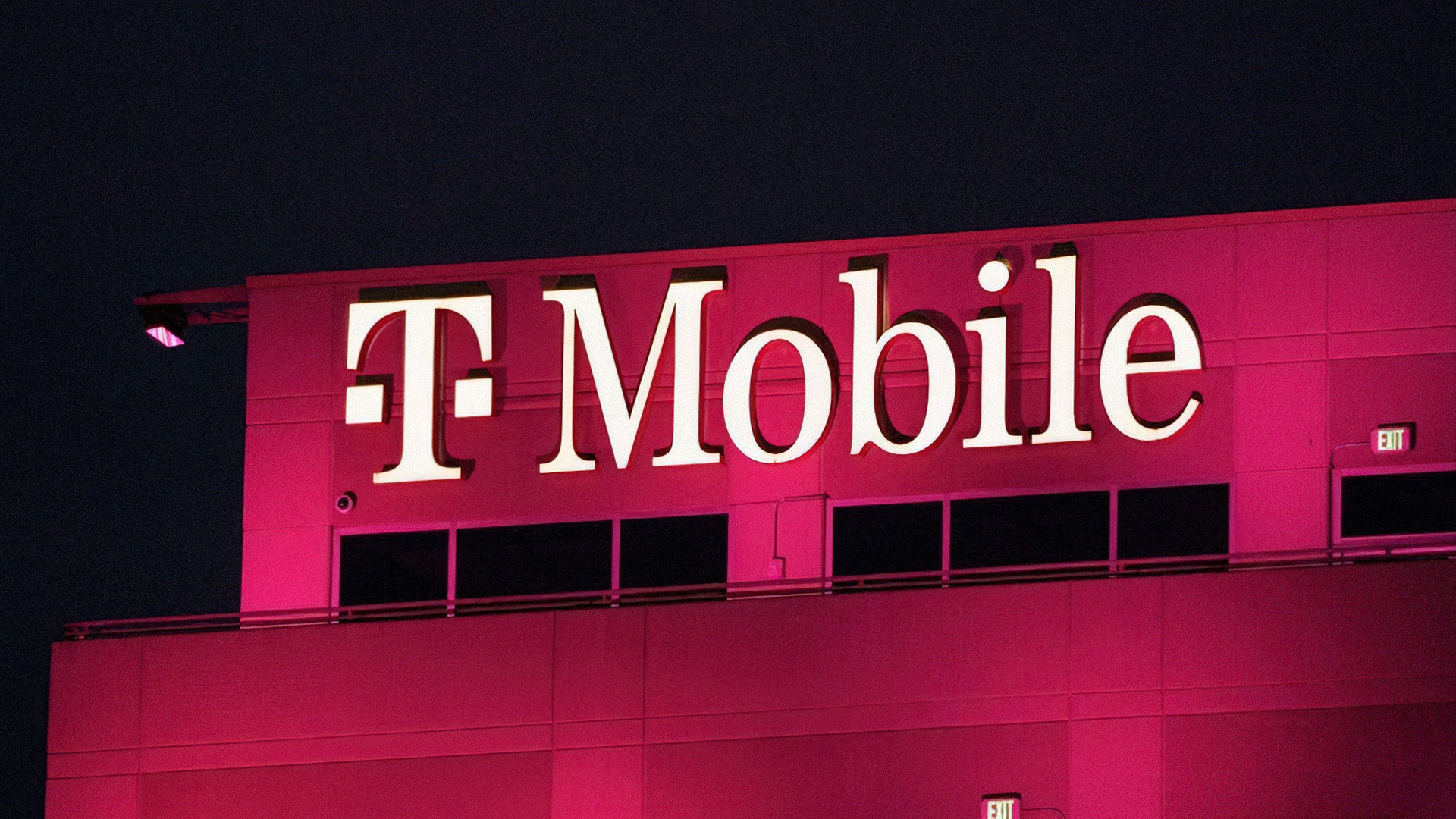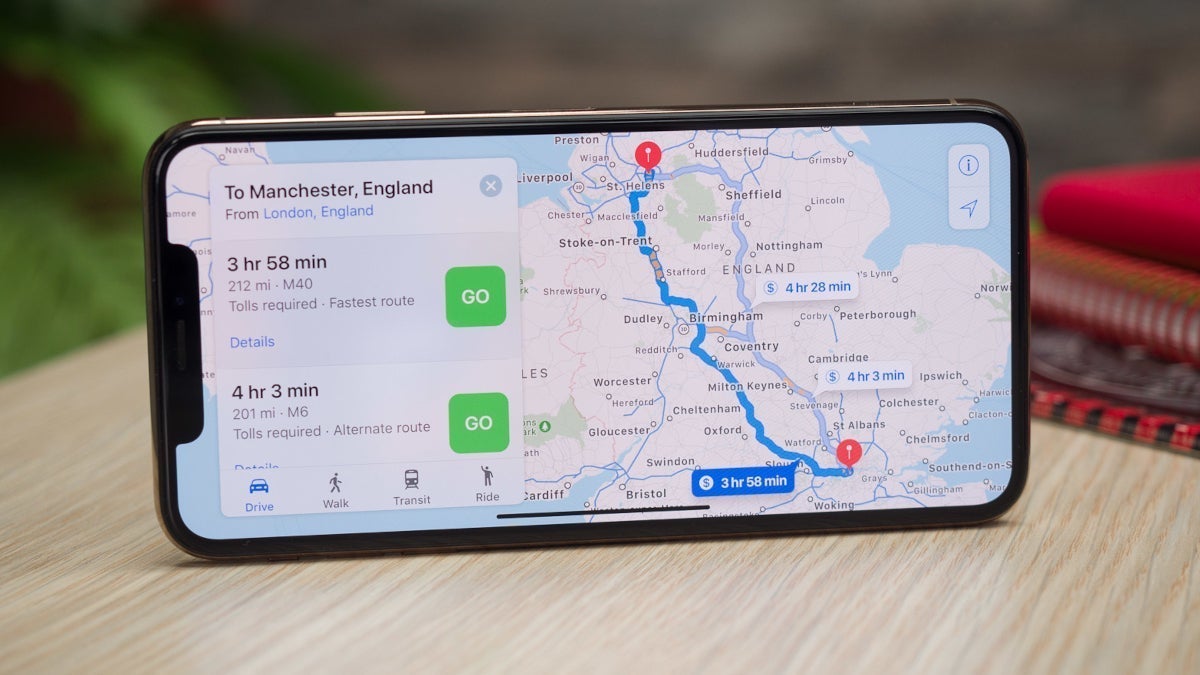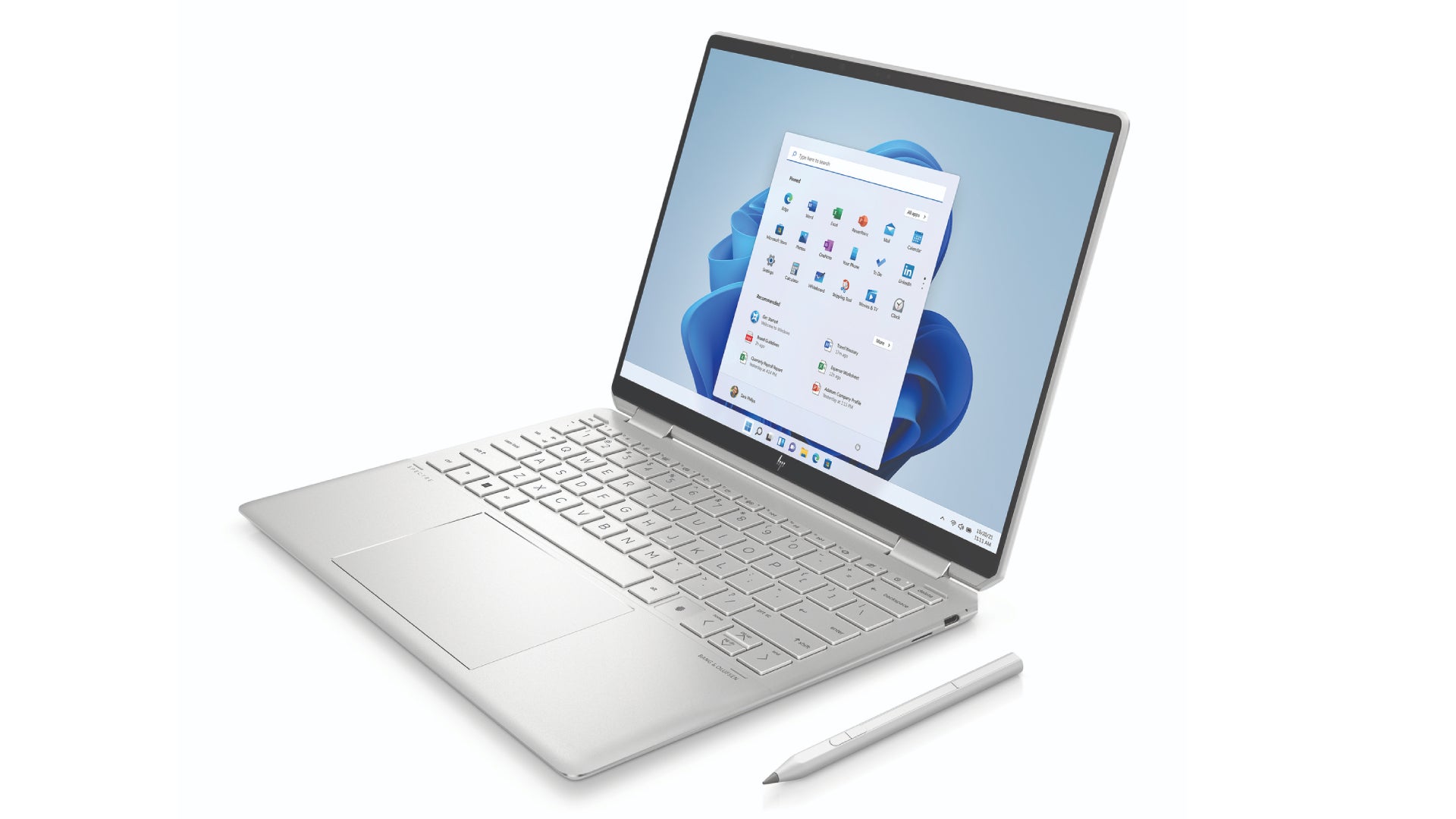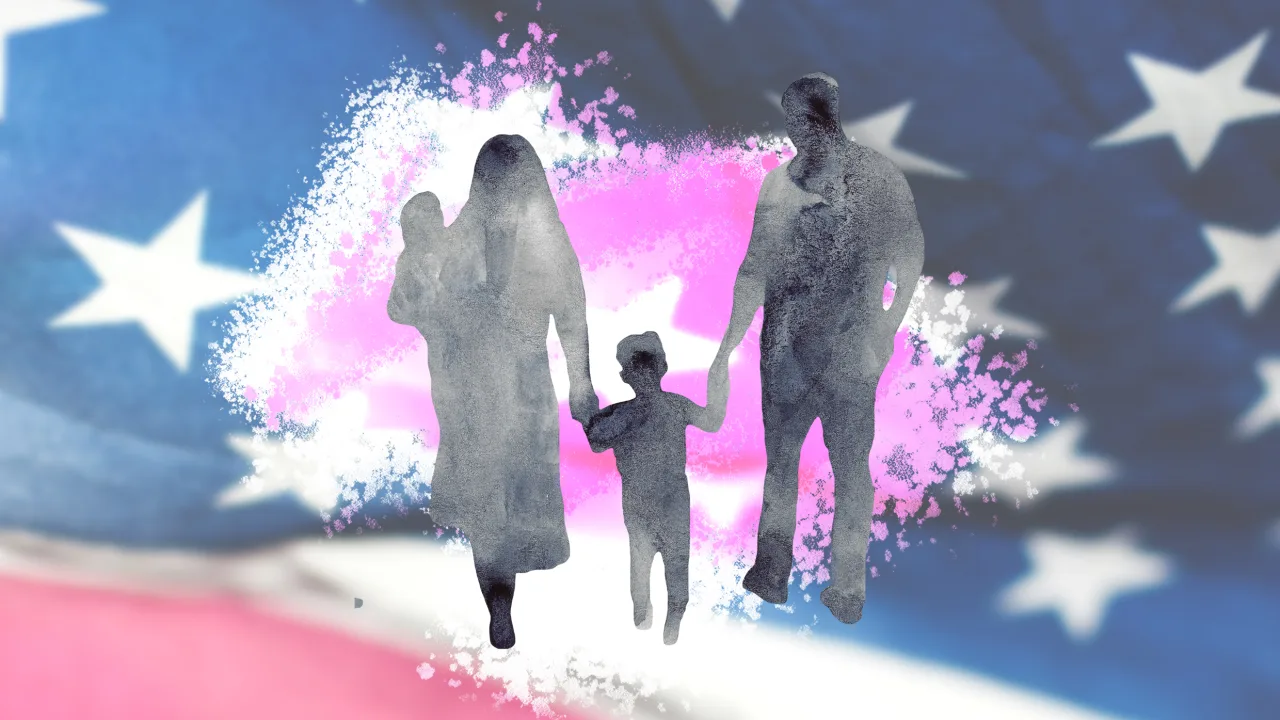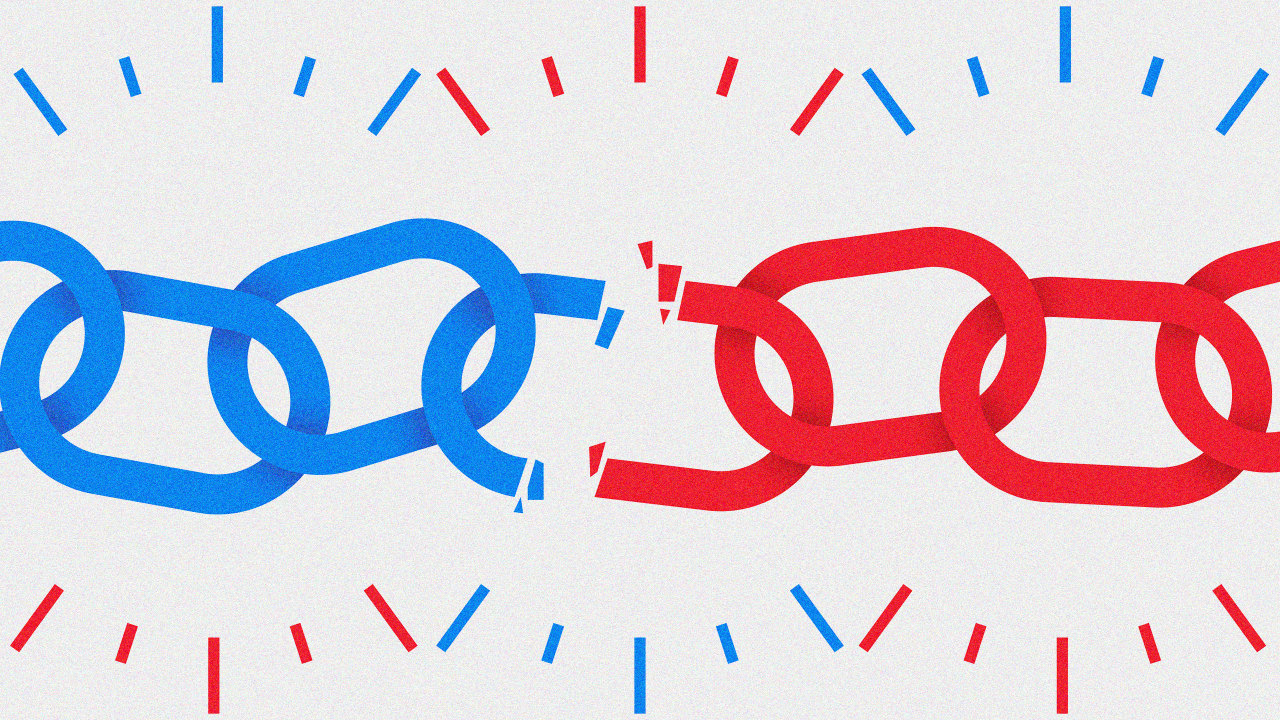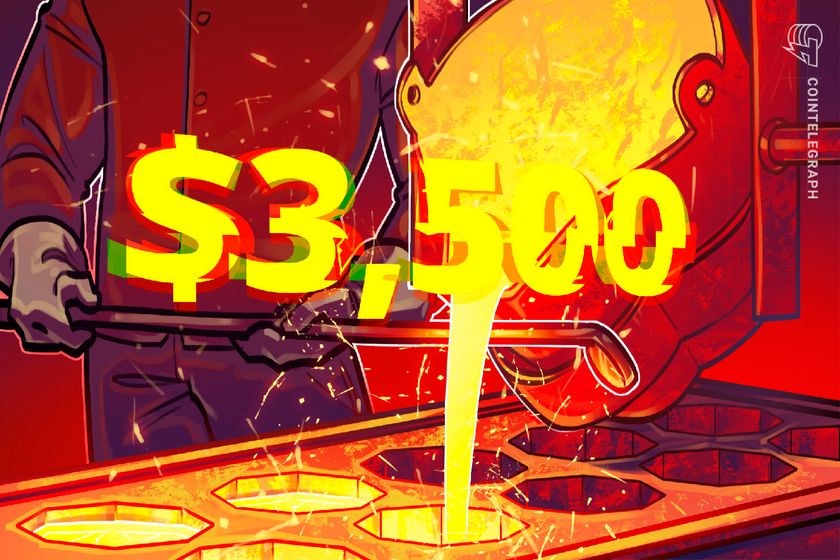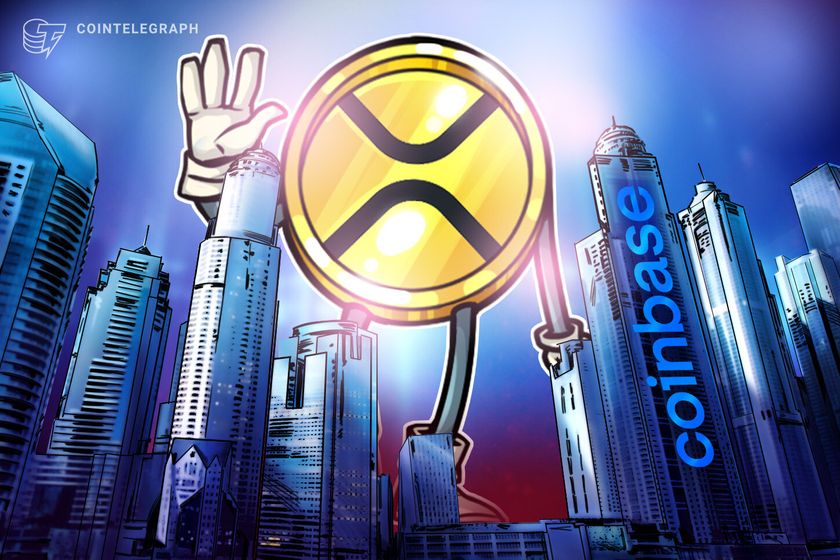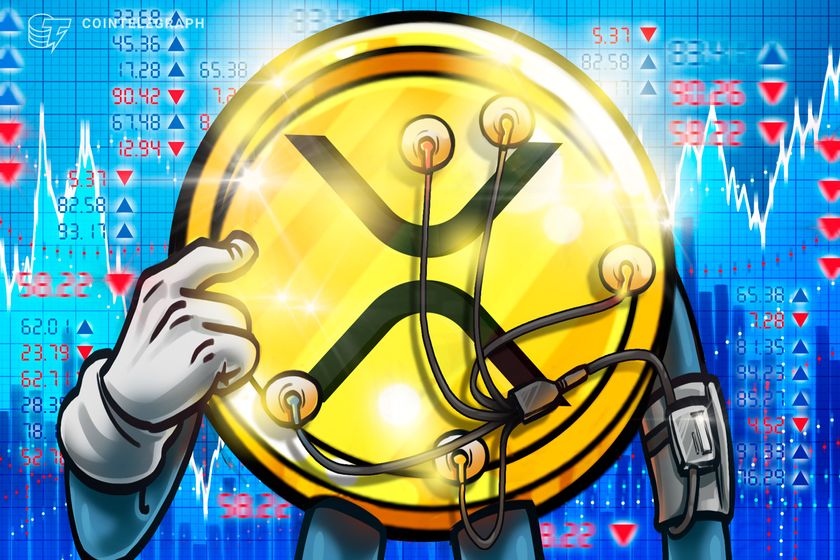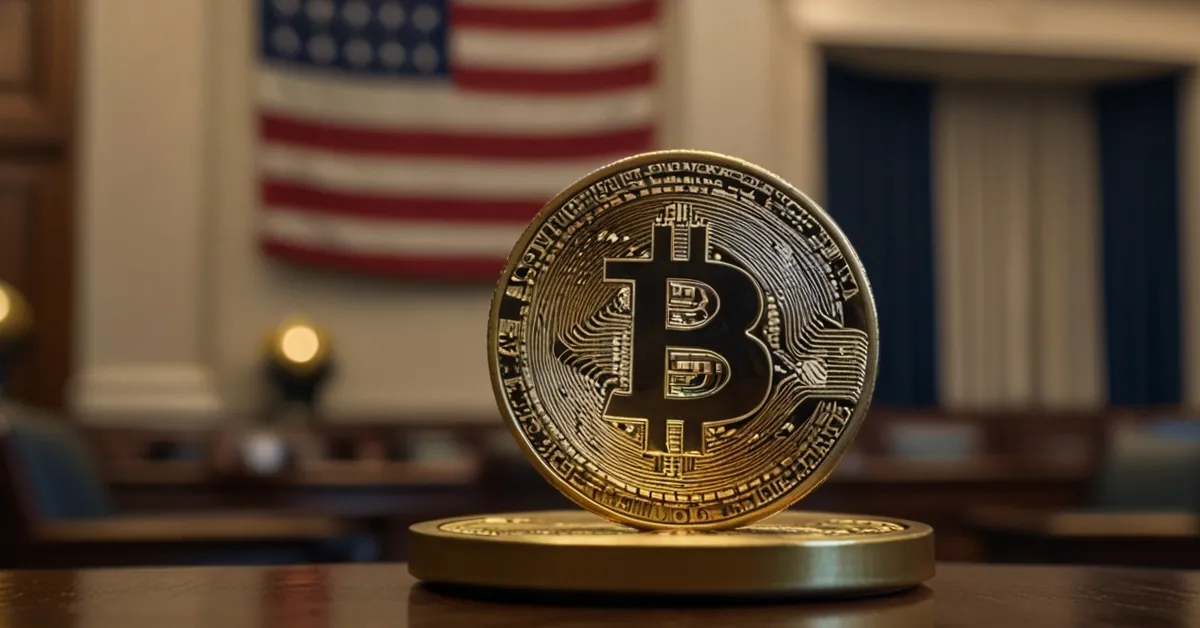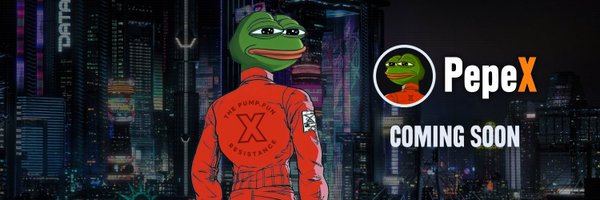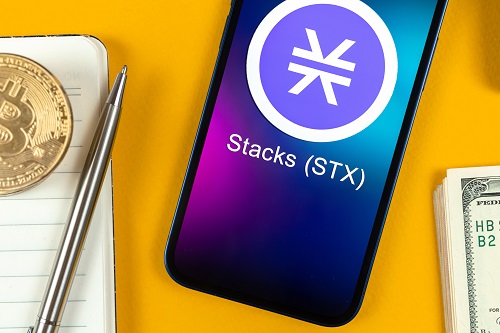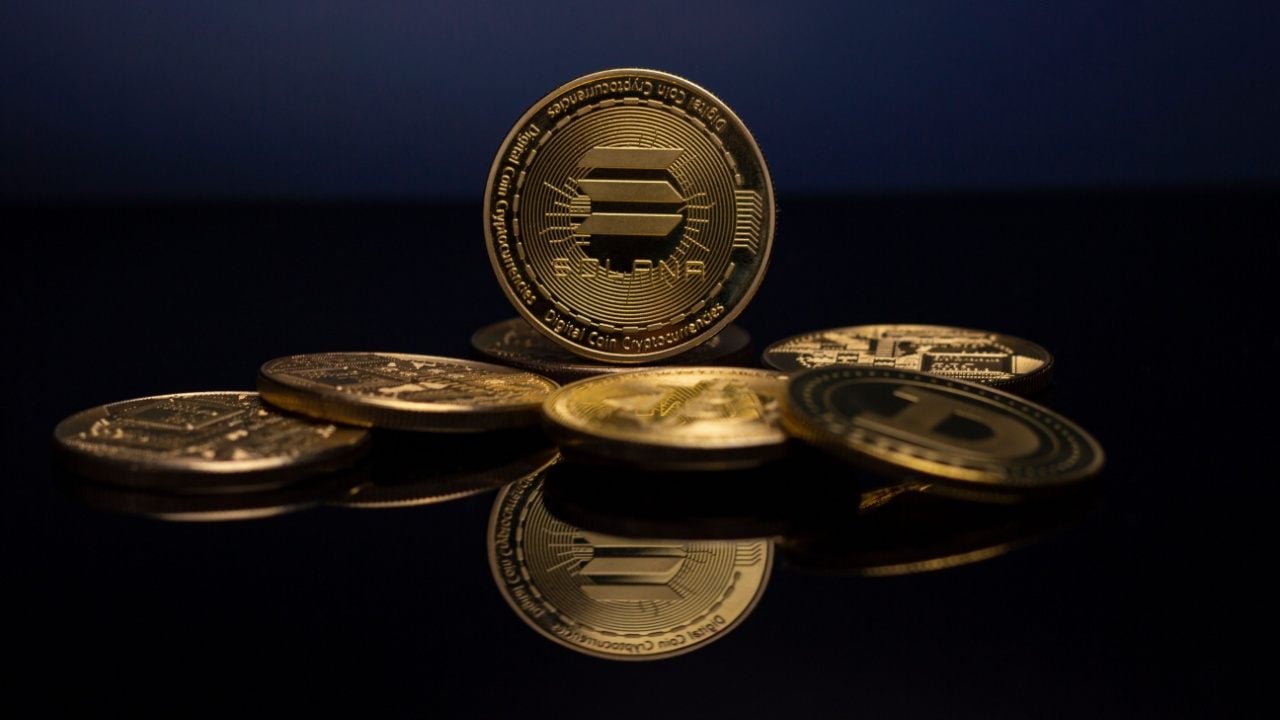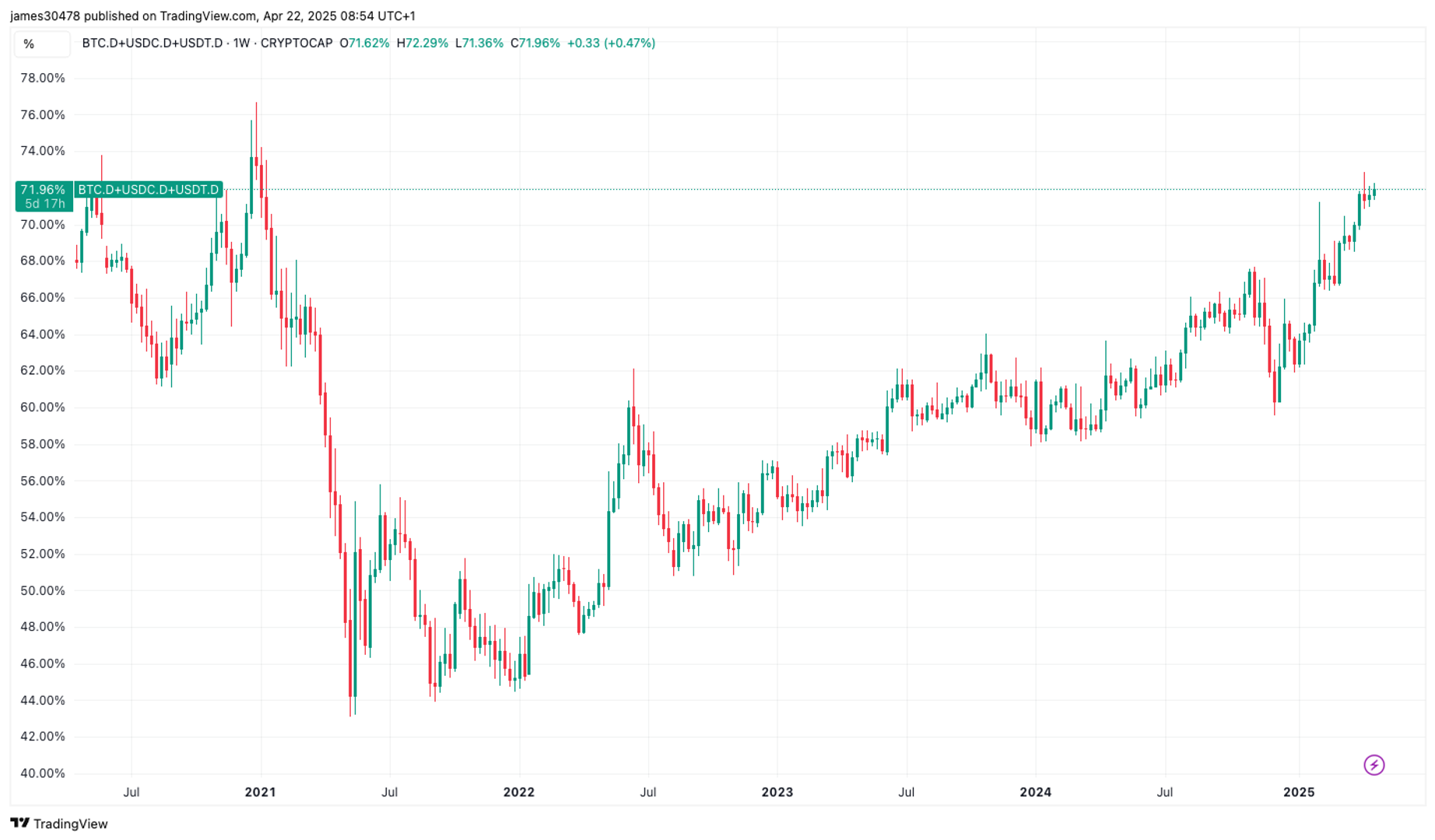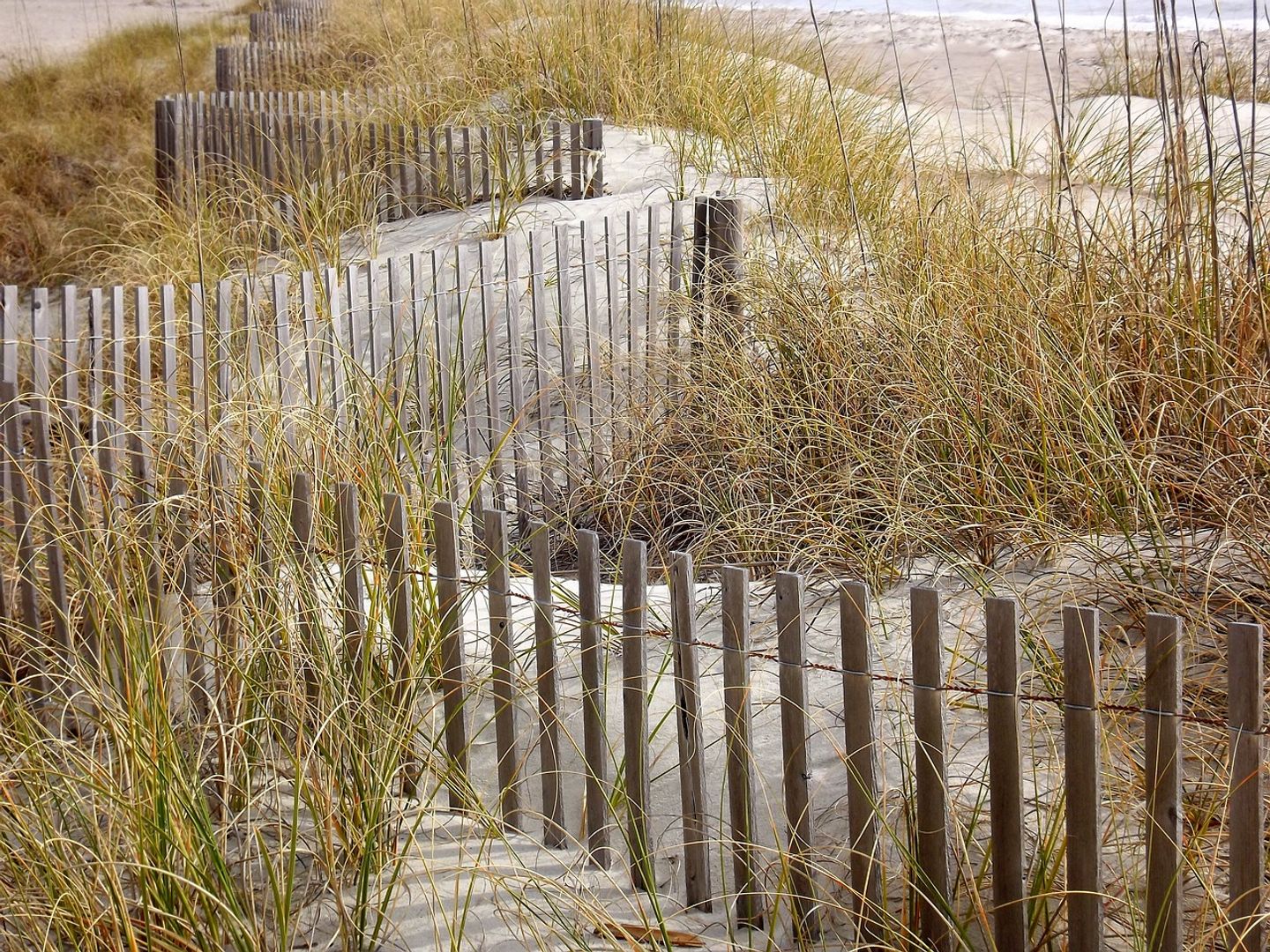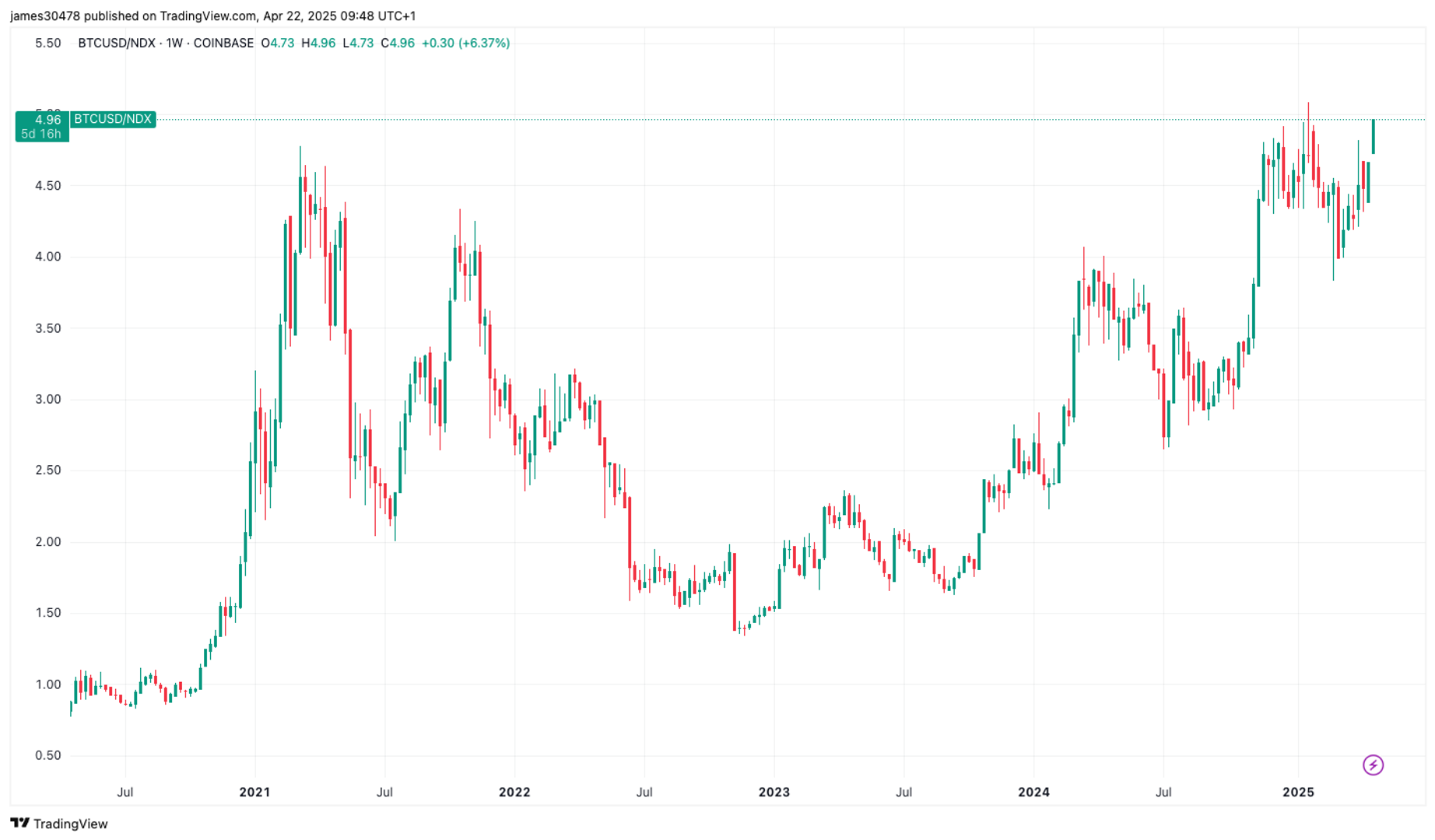Vercel Slams LaLiga Piracy Blocks as “Unaccountable Internet Censorship”
Cloud-based web application platform Vercel is among the latest companies to find their servers blocked in Spain due to LaLiga's ongoing IPTV anti-piracy campaign. In a statement, Vercel's CEO and the company's principal engineer slam "indiscriminate" blocking as an "unaccountable form of internet censorship" that has prevented legitimate customers from conducting their daily business. From: TF, for the latest news on copyright battles, piracy and more.

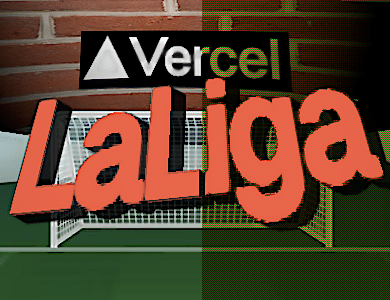 Since early February, Spain has faced unprecedented yet avoidable nationwide disruption to previously functioning, entirely legitimate online services.
Since early February, Spain has faced unprecedented yet avoidable nationwide disruption to previously functioning, entirely legitimate online services.
A court order obtained by top-tier football league LaLiga in partnership with telecommunications giant Telefonica, authorized ISP-level blocking across all major ISPs to prevent public access to pirate IPTV services and websites.
In the first instance, controversy centered on Cloudflare, where shared IP addresses were blocked by local ISPs when pirates were detected using them, regardless of the legitimate Cloudflare customers using them too.
When legal action by Cloudflare failed, in part due to a judge’s insistence that no evidence of damage to third parties had been proven before the court, joint applicants LaLiga and Telefonica continued with their blocking campaign. It began affecting innocent third parties early February and hasn’t stopped since.
Vercel Latest Target
US-based Vercel describes itself as a “complete platform for the web.” Through the provision of cloud infrastructure and developer tools, users can deploy code from their computers and have it up and running in just seconds. Vercel is not a ‘rogue’ hosting provider that ignores copyright complaints, it takes its responsibilities very seriously.
Yet it became evident last week that blocking instructions executed by Telefonica-owned telecoms company Movistar were once again blocking innocent users, this time customers of Vercel.
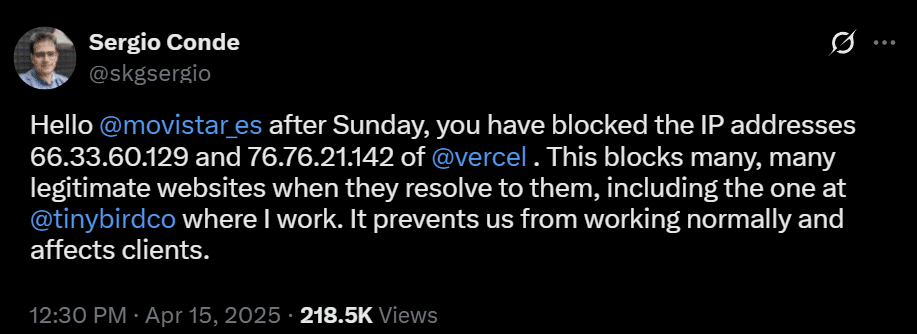
As the thread on X continued, Vercel CEO Guillermo Rauch was asked whether Vercel had “received any requests to remove illegal content before the blocking occurs?”
Vercel Principal Engineer Matheus Fernandes answered quickly.

Additional users were soon airing their grievances; ChatGPT blocked regularly on Sundays, a whole day “ruined” due to unwarranted blocking of AI code editor Cursor, blocking at Cloudflare, GitHub, BunnyCDN, the list goes on.

Vercel Slams “Unaccountable Internet Censorship”
In a joint statement last week, Vercel CEO Guillermo Rauch and Principal Engineer Matheus Fernandes cited the LaLiga/Telefonica court order and reported that ISPs are “blocking entire IP ranges, not specific domains or content.”
Among them, the IP addresses 66.33.60.129 and 76.76.21.142, “used by businesses like Spanish startup Tinybird, Hello Magazine, and others operating on Vercel, despite no affiliations with piracy in any form.”
This isn’t a narrowly scoped takedown. LaLiga is a private organization triggering IP-wide blocks that impact critical infrastructure, developers, and businesses—without review, due process, or transparency. These blocks are primarily enforced during LaLiga matchdays, typically on weekends and select weekdays, when live broadcasts occur.
ISP-level blocking of individual sites is common. Typically, this is done by inspecting the Server Name Indication (SNI) header during the TLS handshake. SNI contains the hostname in plaintext before encryption, allowing ISPs to block specific domains while leaving other traffic on the same IP untouched, even while the actual traffic is encrypted.
But that’s not what’s happening here. Spanish ISPs are blocking entire IPs, ignoring SNI and making no effort to distinguish between hosts. Any website or service behind a blocked IP is taken offline, regardless of its legitimacy.
What started as an anti-piracy measure has become an unaccountable form of internet censorship. There’s no distinction between targeted enforcement and mass collateral damage. IPs are being blocklisted wholesale.
Like all platforms working with user-uploaded content, Vercel receives external complaints concerning potential copyright infringement. Vercel’s latest transparency report reveals that during the latest reporting period it received 1,015 DMCA notices and restricted content in response to 1,001 of them. For additional perspective, Vercel has six million users and has a dedicated dispute resolution program, should that be necessary in respect of any complaint.
Vercel Now in Contact With LaLiga
The details concerning this latest blocking disaster and the many others since February, are unavailable to the public. This lack of transparency is consistent with most if not all dynamic blocking programs around the world. With close to zero transparency, there is no accountability when blocking takes a turn for the worse, and no obvious process through which innocent parties can be fairly heard. While these negatives are a real concern, it appears that tech-savvy Spaniards are embracing the challenge.
In our previous report we highlighted several coding projects that aim to counter the blocking issues in various ways. The hayahora.futbol project is especially impressive; it gathers evidence of blocking events, including dates, which ISPs implemented blocking, how long the blocks remained in place, and which legitimate services were wrongfully blocked.

While clearly unhappy with how the company has been treated, Vercel says it’s now working with LaLiga.
“We remain committed to providing fast, secure infrastructure for modern web applications. Likewise, we expect enforcement efforts to do the same: targeted, transparent, and technically sound. We are in contact with La Liga and are collaborating to remove illegal content in accordance with the court order. We’re exploring mitigation strategies to restore access for Spanish users and continue to advocate for an open and permissionless web,” Vercel concludes.
The Changing Role of ISPs
ISPs were traditionally the first to push back against site blocking but in Spain, all of those now involved have commercial interests in the content being blocked. They agreed to the terms of the blocking order, and they weren’t subjected to it against their will; that’s why the court approved it.
Yet when LaLiga is portrayed as the driving force behind events playing out in Spain, very little attention is paid to the significant help it needs to make blocking happen. The reasons why that help continues to arrive – despite known and repeated overblocking incidents – may raise questions as part of the wider net neutrality debate.
On one hand, LaLiga, Telefonica, and the interested ISPs, are protecting their rights in live LaLiga match broadcasts against rampant piracy under extremely difficult conditions. Yet on the other, they’re blocking IP addresses that their sophisticated anti-piracy departments know are also used by innocent companies and their customers trying to conduct legitimate business in Spain. There are suggestions that may yet run into trouble.
That leads us to RootedCON, the cybersecurity group that previously attempted to end LaLiga’s blocking campaign with an appeal to the court. Like Cloudflare, the bid failed but motivation to examine other potential opportunities remains high.
Previously dismissed as “geeks” by LaLiga, others consider the term “hackers” more descriptive. It also adds more spice to the recent mention that there may be a release of “technical tools to piss people off” as an interim (but entirely legal) anti-blocking measure.
From: TF, for the latest news on copyright battles, piracy and more.

















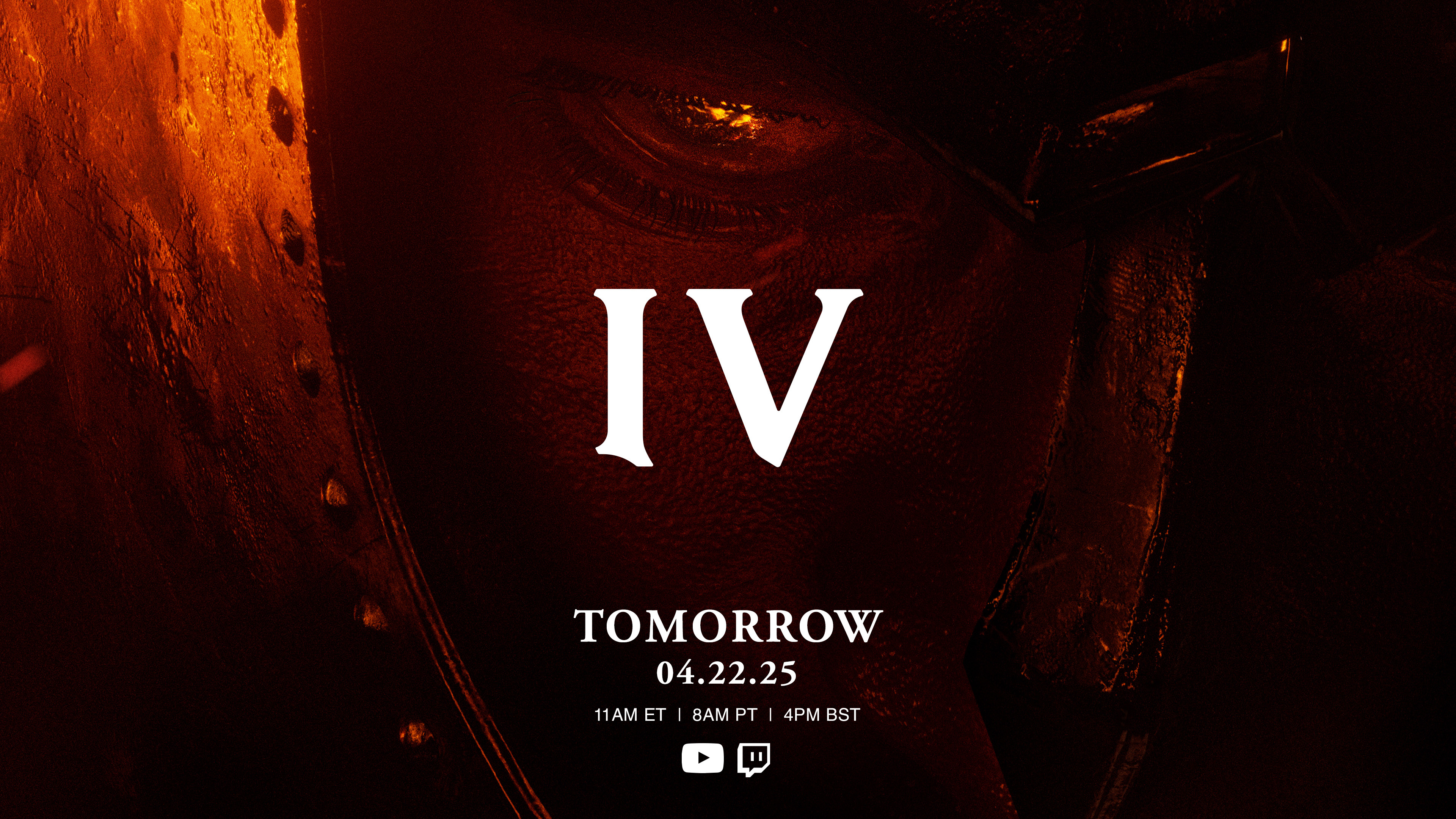






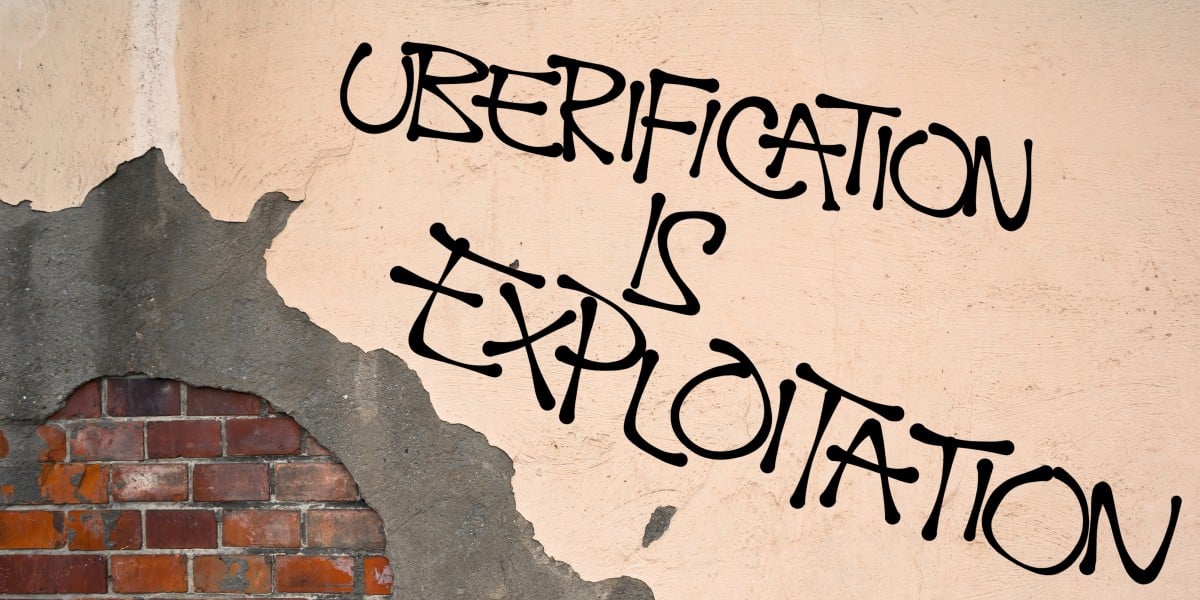




























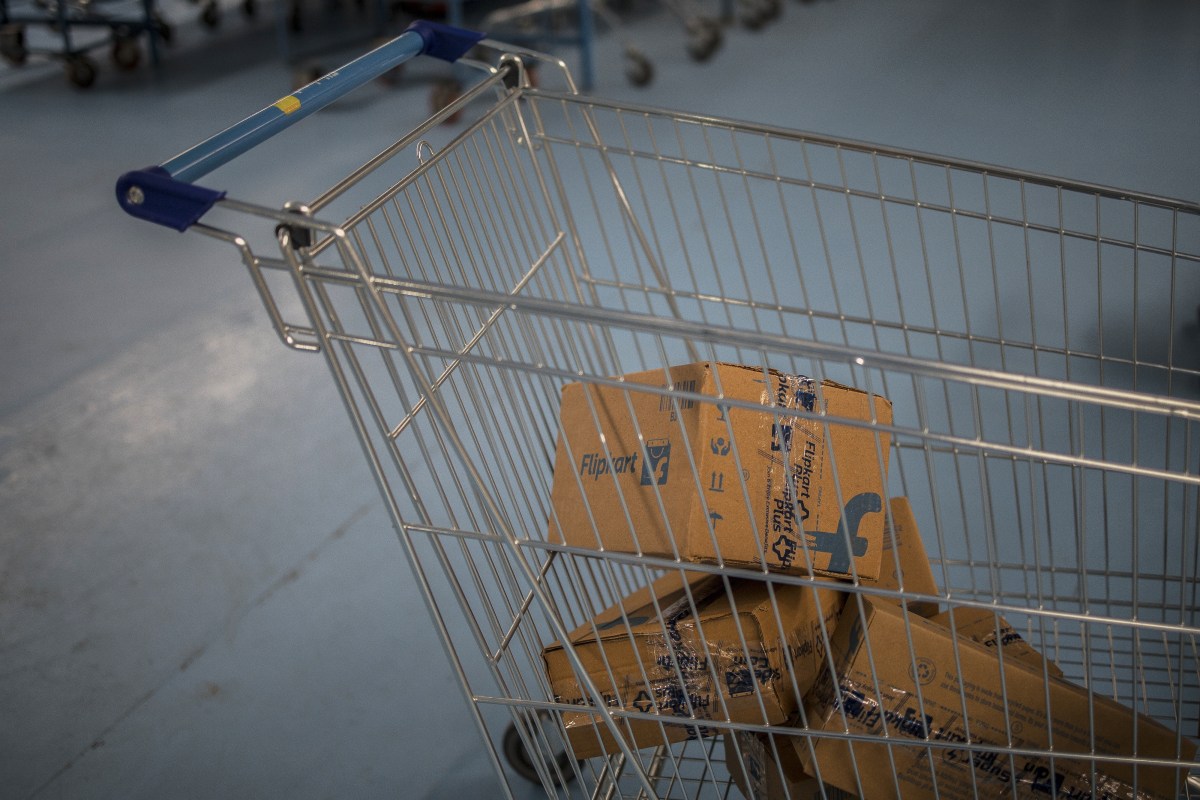




















































































































![[The AI Show Episode 144]: ChatGPT’s New Memory, Shopify CEO’s Leaked “AI First” Memo, Google Cloud Next Releases, o3 and o4-mini Coming Soon & Llama 4’s Rocky Launch](https://www.marketingaiinstitute.com/hubfs/ep%20144%20cover.png)




















































































































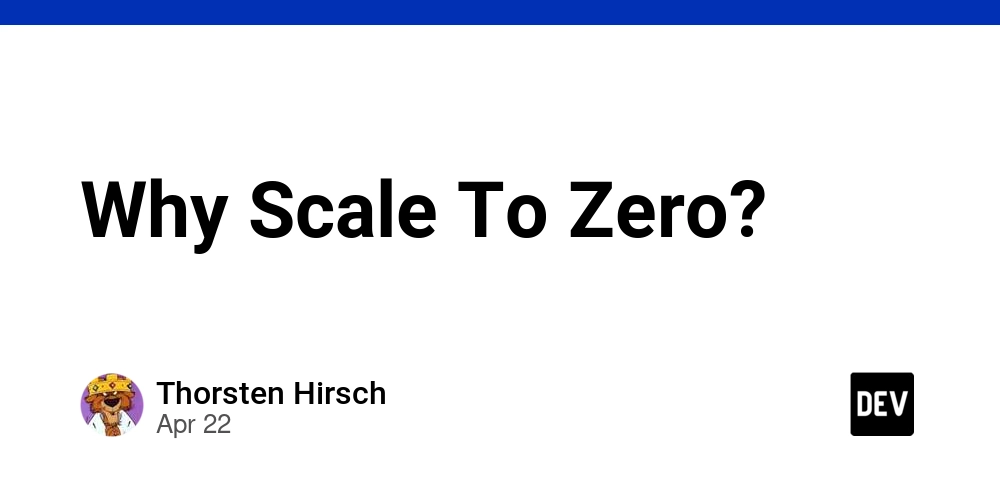
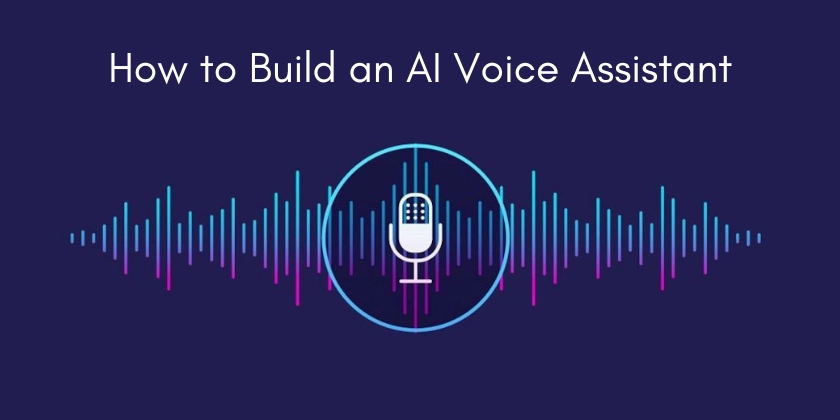














![From fast food worker to cybersecurity engineer with Tae'lur Alexis [Podcast #169]](https://cdn.hashnode.com/res/hashnode/image/upload/v1745242807605/8a6cf71c-144f-4c91-9532-62d7c92c0f65.png?#)


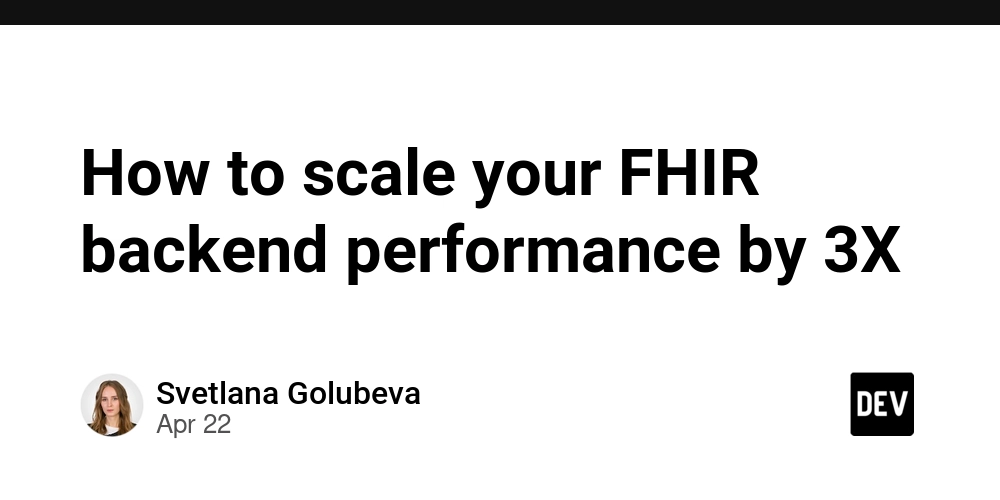
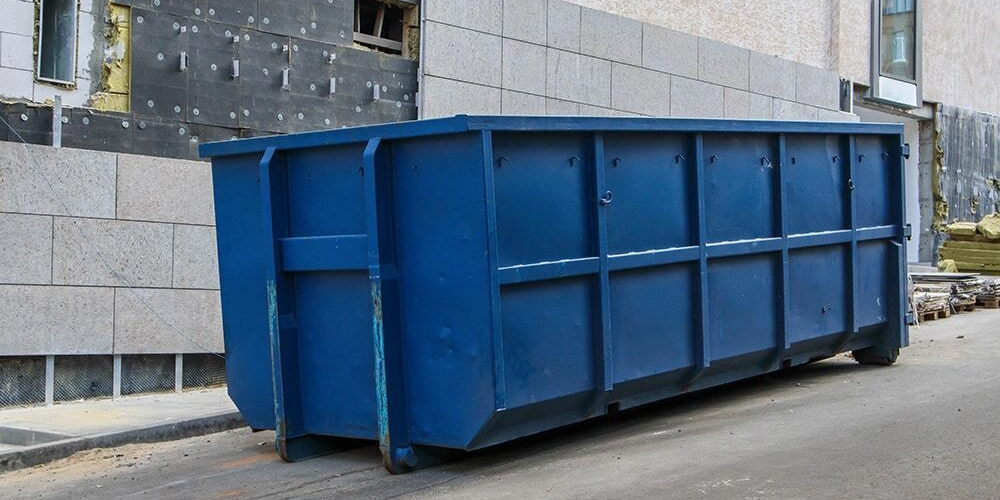



















![BPMN-procesmodellering [closed]](https://i.sstatic.net/l7l8q49F.png)





































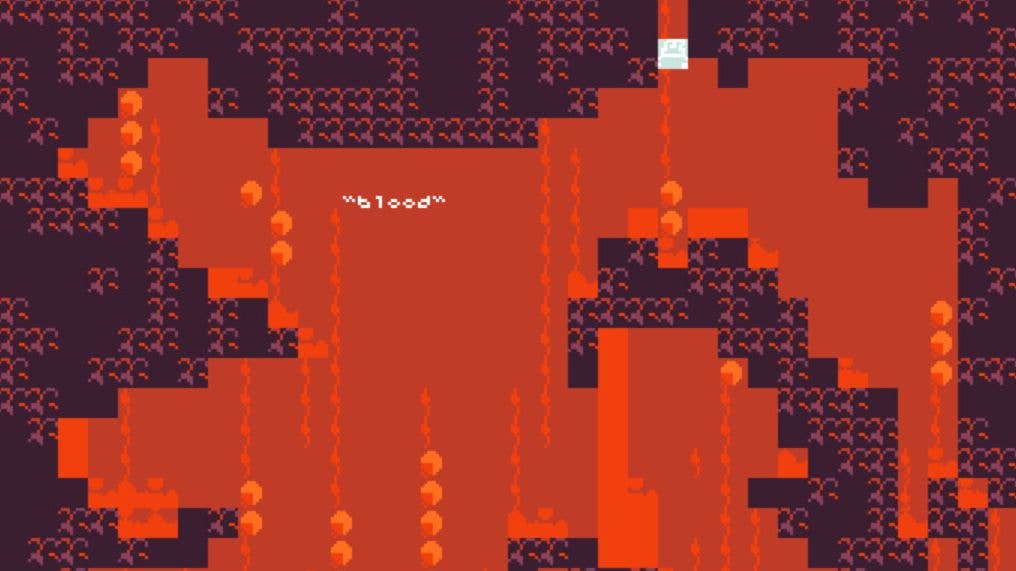






















































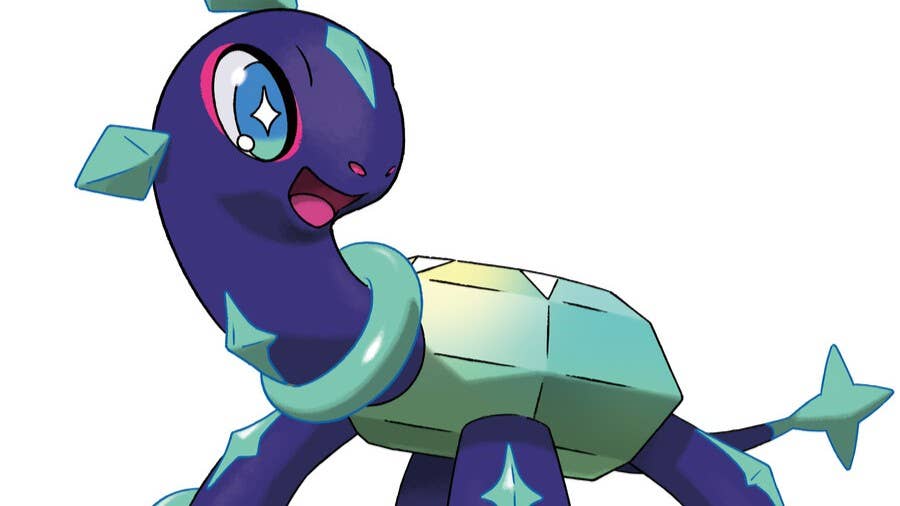





























.webp?#)






































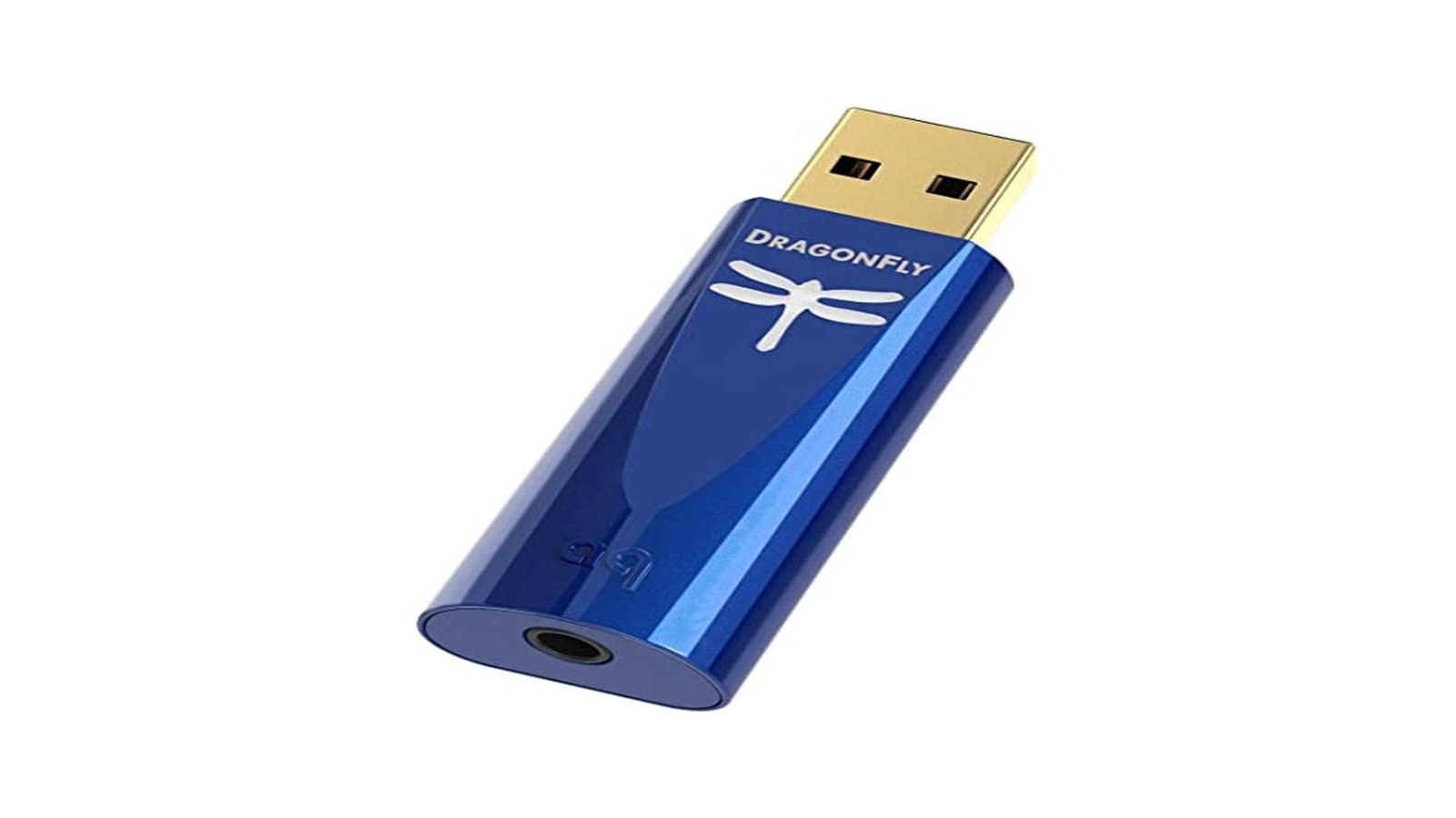































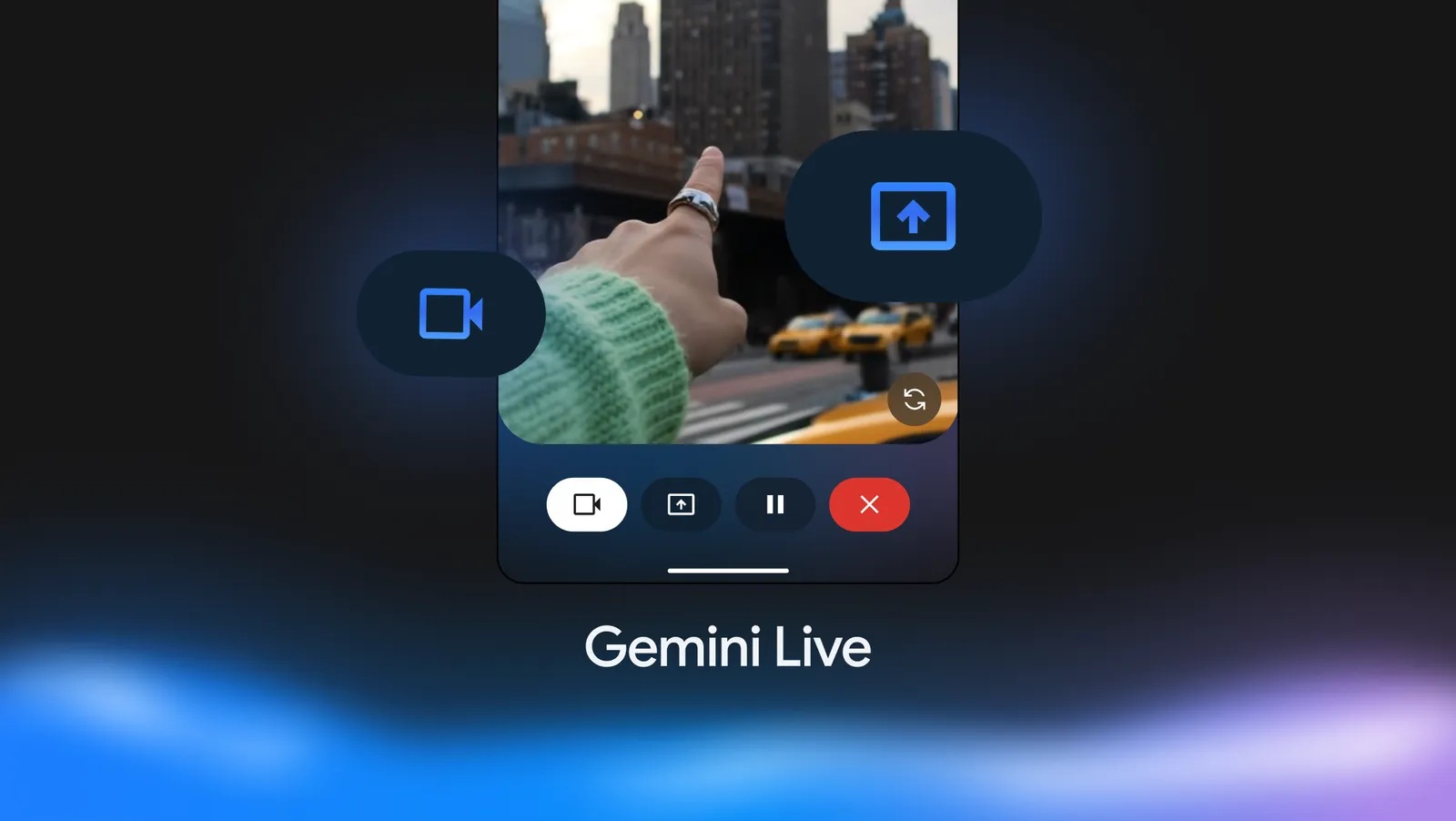





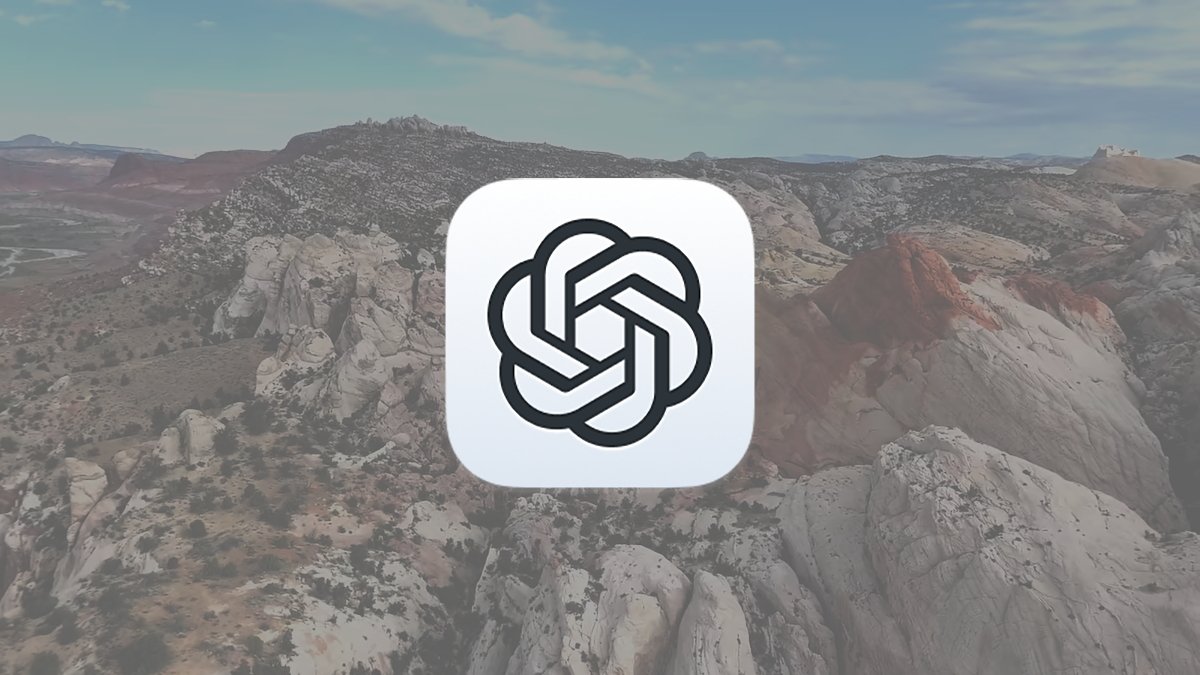




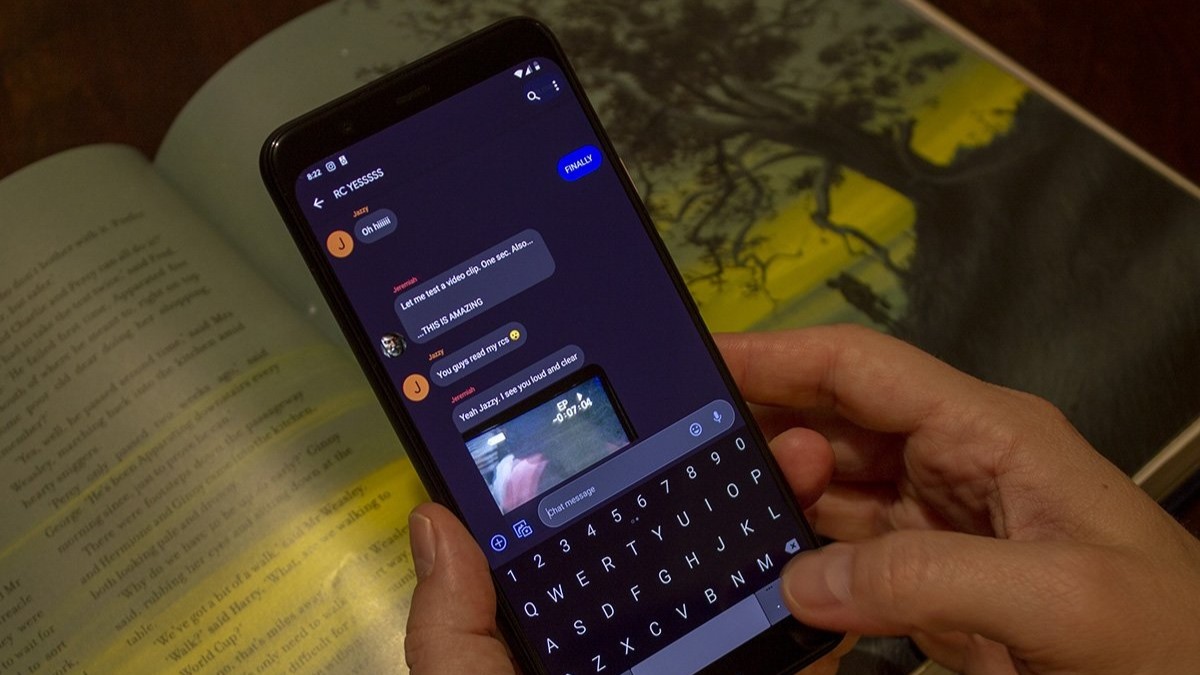


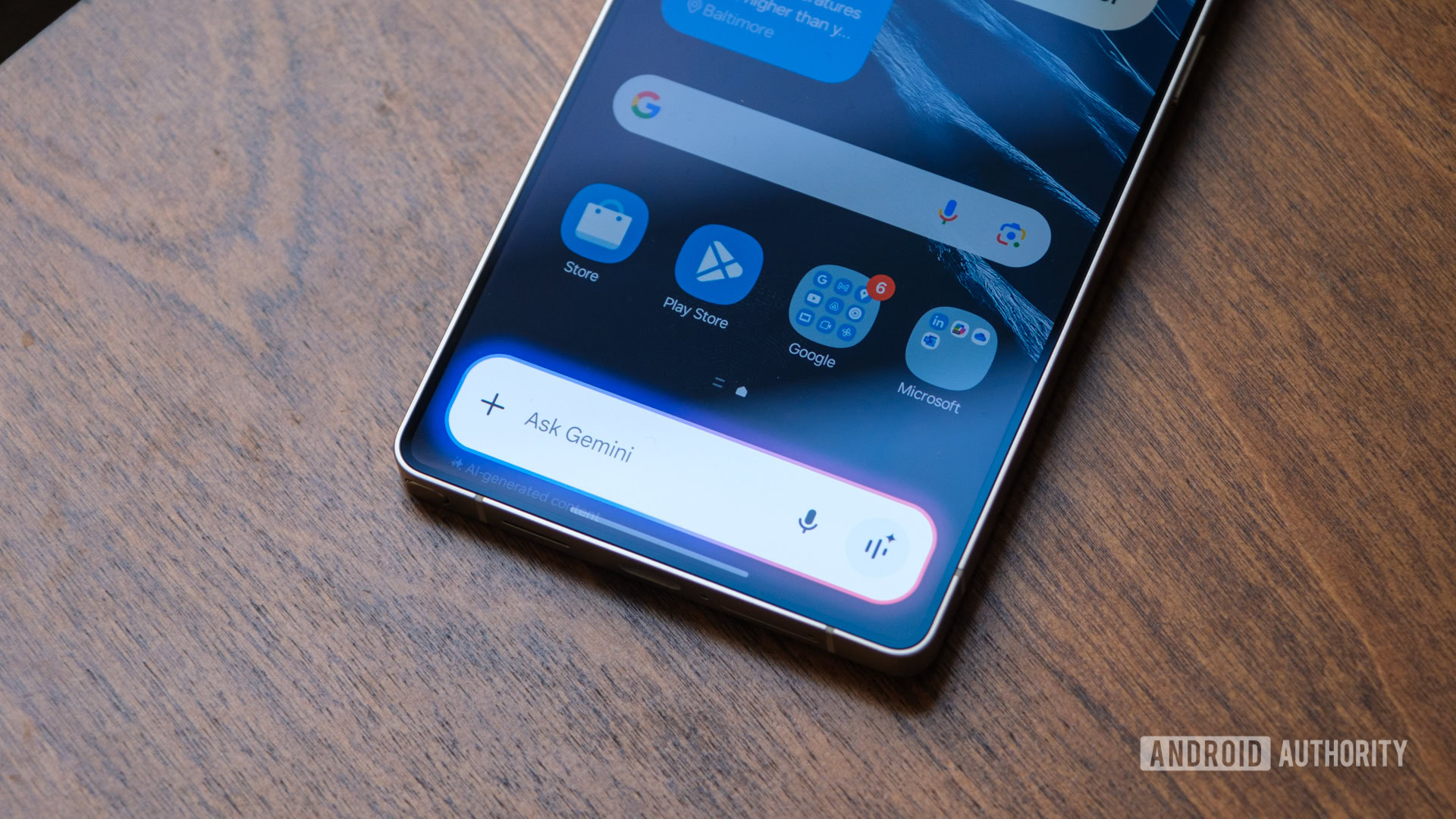
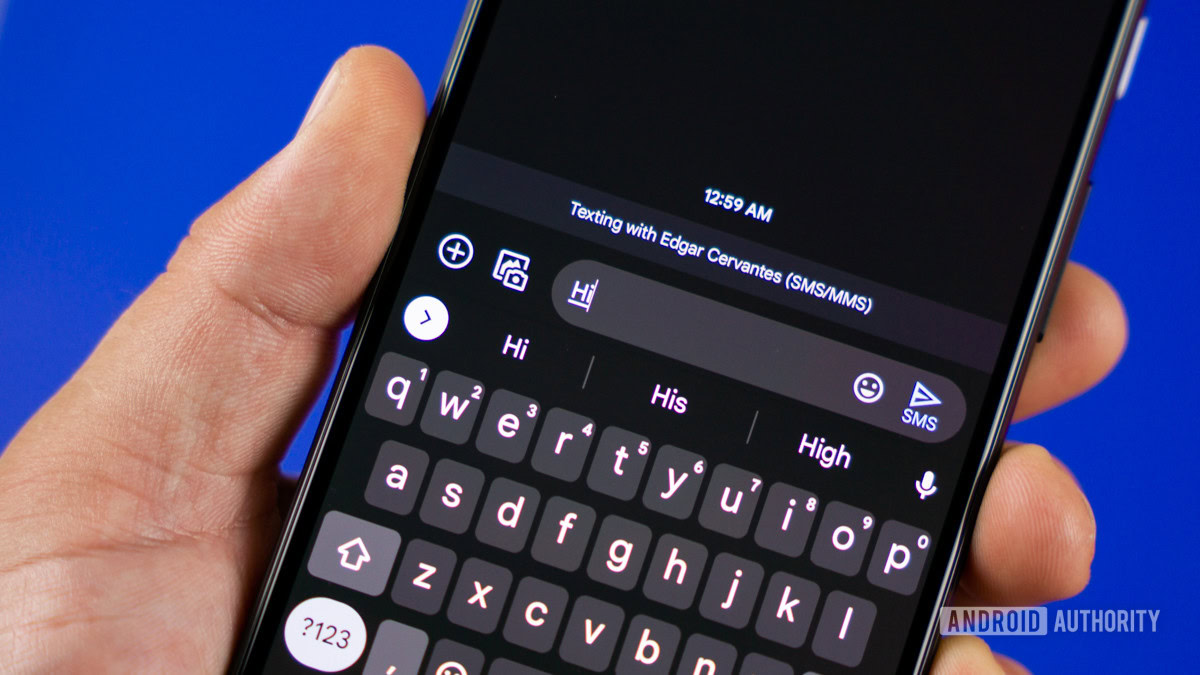
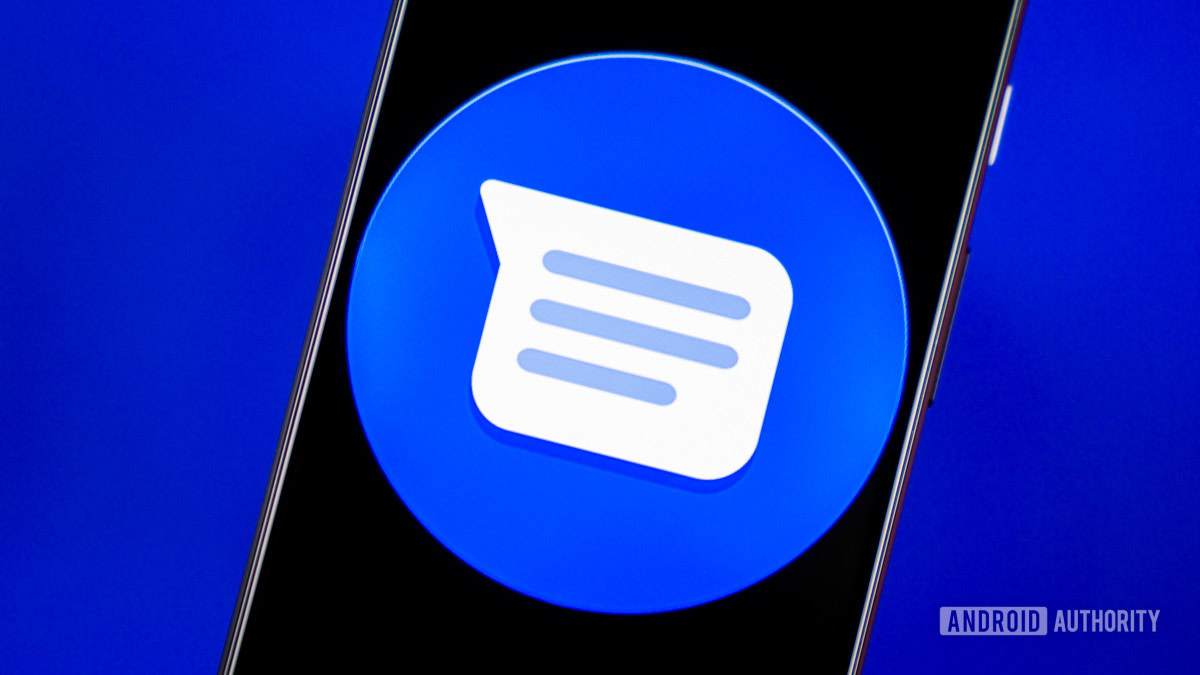







![What’s new in Android’s April 2025 Google System Updates [U: 4/21]](https://i0.wp.com/9to5google.com/wp-content/uploads/sites/4/2025/01/google-play-services-3.jpg?resize=1200%2C628&quality=82&strip=all&ssl=1)


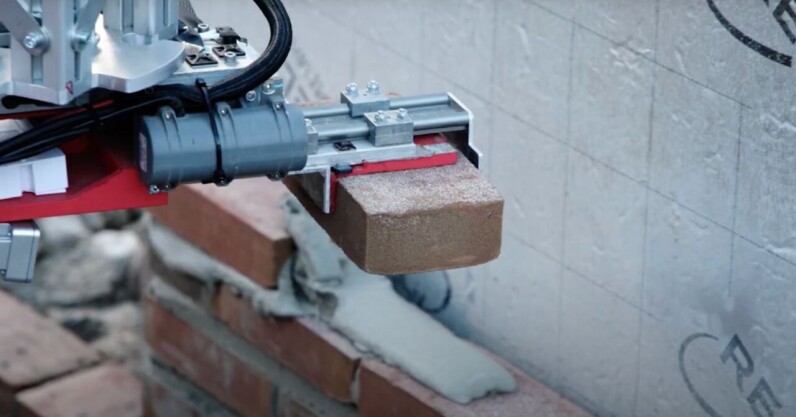





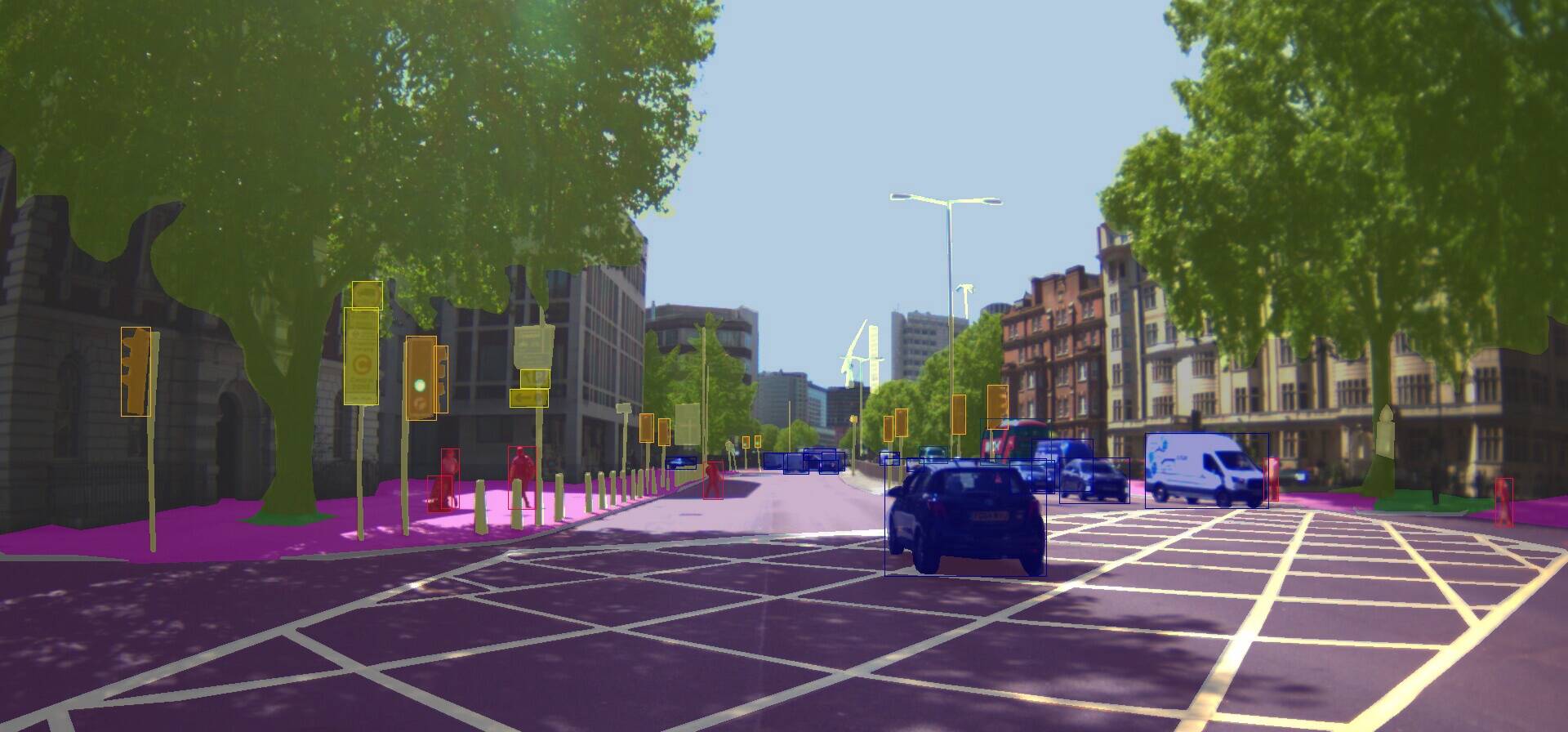


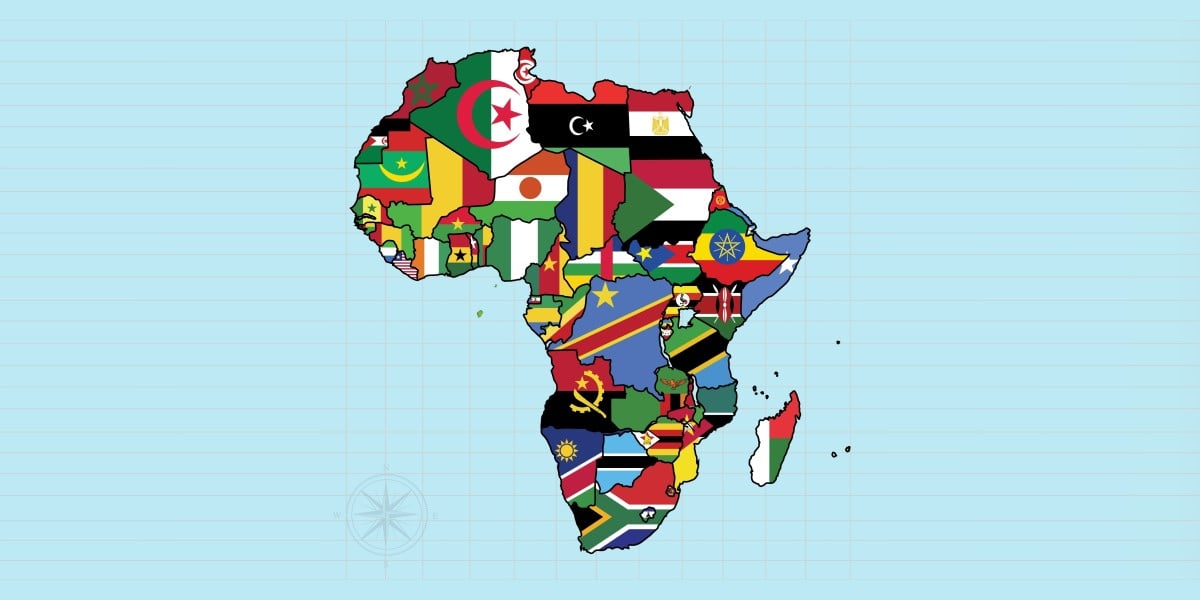
![Apple Releases iOS 18.5 Beta 3 and iPadOS 18.5 Beta 3 [Download]](https://www.iclarified.com/images/news/97076/97076/97076-640.jpg)
![Apple Seeds visionOS 2.5 Beta 3 to Developers [Download]](https://www.iclarified.com/images/news/97077/97077/97077-640.jpg)
![Apple Seeds tvOS 18.5 Beta 3 to Developers [Download]](https://www.iclarified.com/images/news/97078/97078/97078-640.jpg)
![Apple Seeds watchOS 11.5 Beta 3 to Developers [Download]](https://www.iclarified.com/images/news/97079/97079/97079-640.jpg)













